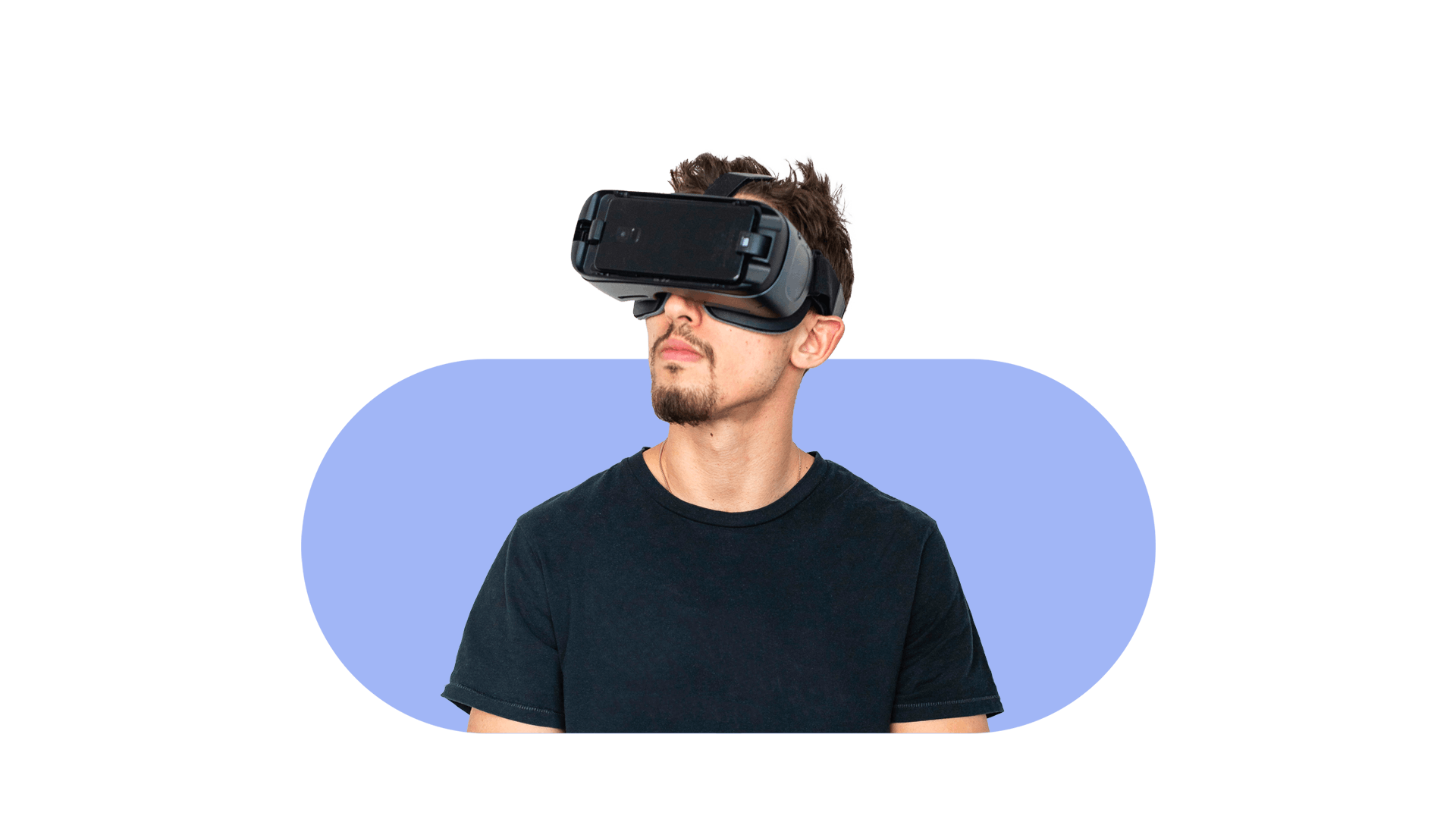Metaverse, where are you?

After the imperious start and high-profile launch of the technology that claimed to integrate reality and virtuality, one question arises: where has the metaverse gone?
Metaverse launch
Until a year ago, it seemed to be everywhere and, like the platforms previously released by Meta, would be yet another unstoppable tornado set to change the rules of digital.
At the time, Mark Zuckerberg changed the name of Facebook to Meta, in order to emphasise his belief in this new 'perfect' universe.
How did brands reacted?
And the brands? They immediately bet on the new platform.
A striking example came from Heineken, which immediately opened the first virtual bar, where users can socialise and enjoy beer in the digital environment, exploring the potential of the metaverse to reach new markets and engage consumers in innovative ways.
Is the metaverse really gone?
But now, years later, it seems that enthusiasm has cooled a bit, although the matter is certainly not closed and the metaverse is still in the running. Because if artificial intelligence has become the trend topic, many of its applications find fertile ground in those very virtual worlds.
An example? The Meta Human creator company already promises to create digital people in a simple and realistic manner.
And furthermore, with AI, it is possible to create complete environments within the metaverse.
Already today, some AI technologies are being used in gaming and, on this front, companies such as Minecraft and Fornite rely on AI solutions to be able to create parallel worlds for educational and entertainment purposes.
Metaverse development
And Meta? It carries on its way, as proven by its latest collaboration with Luxottica for Ray-Ban smart glasses.
And not only them.
Europe too has made a move, with a strategy on 'Web 4.0 and virtual worlds' that will sooner or later bring us to terms with Metaverse.
It may not be exactly as Zuckerberg imagined it, but it will be a reality nonetheless.
The metaverse will still be among us
So, let's be ready. We cannot ignore what is happening, even if we don't hear about it very often anymore.
The future is already here, and it is happening now.
 Build your experience in the metaverse!
Build your experience in the metaverse!